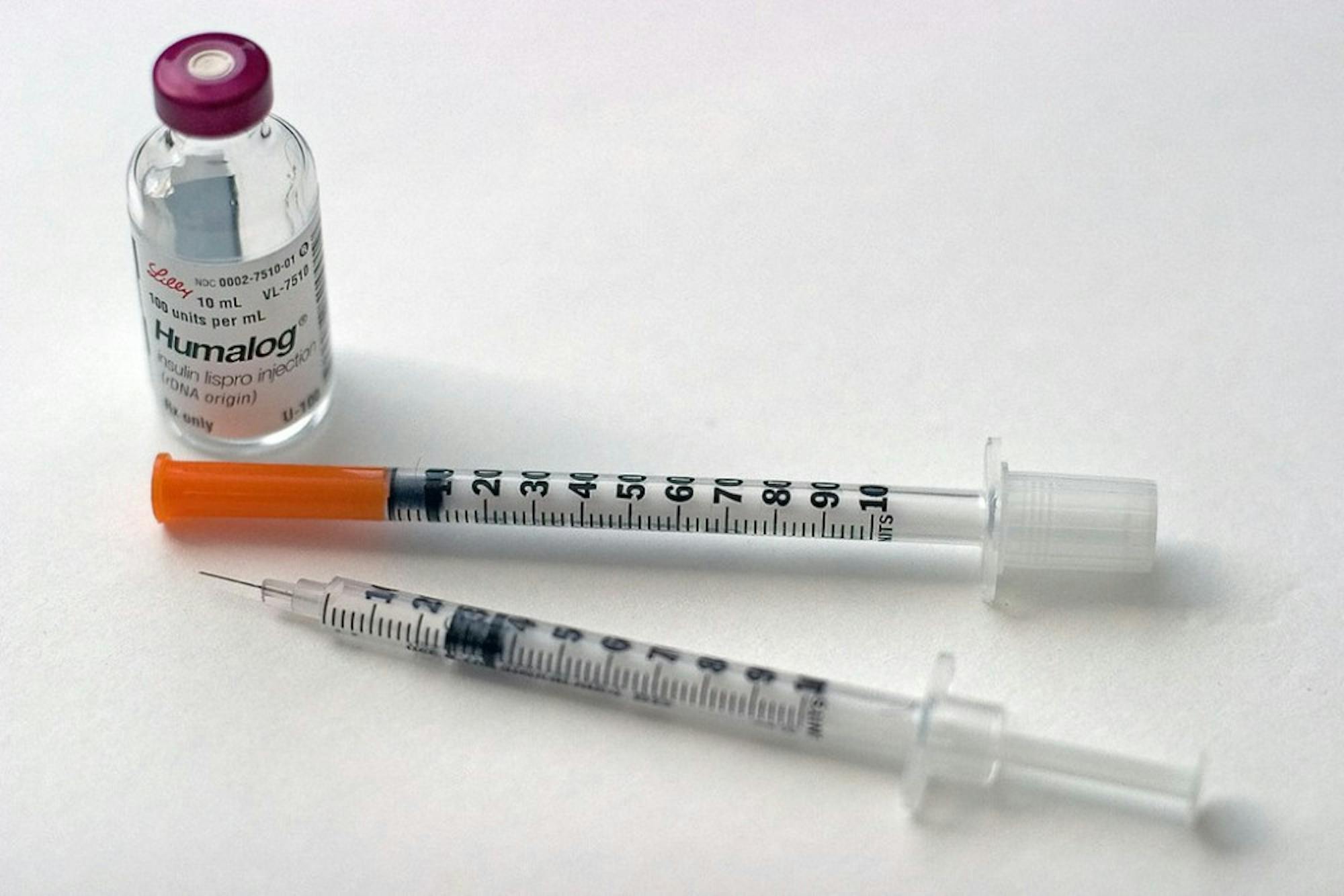Super Bowl LVII prompted a wide range of emotions. Rihanna’s spectacular halftime show sparked joy and amazement, from her fantastic backup dancers to her low-key pregnancy announcement. The Chiefs’ turn-around victory in the fourth quarter enthused some and crushed others. For me, one of the Super Bowl commercials caused confusion. From headlines like “Diabetes Patients at Risk From Rising Insulin Prices,” I have learned about crises the diabetic community face. Access to insulin is scarce, expensive and often not adequately covered by insurance. Stories of people rationing their insulin have often ended in grave illness and even death. Yet a Dexcom commercial featuring Nick Jonas highlighted a wildly different diabetic reality. By promoting technology that makes life simple for those living with the condition while neglecting to acknowledge the grim reality of so many with limited insulin access, the ad was an affront to marginalized communities and a gross display of medical privilege.
Nick Jonas’s Dexcom Super Bowl commercial stirred the pot and upset many Type 1 diabetics. As one Twitter user put it, “Doing super bowl ads tells the rest of the world that diabetics are living their best life with diabetes technology when the reality is diabetics are dying because they can’t afford insulin.”
Notably, the ad’s key message was that diabetics should stop using the traditional method of glucose monitoring, whereby one needs to prick their finger, put a drop of blood on a test strip and put that strip into a device, in favor of Dexcom’s technology of the future. According to Dexcom’s most recent stockholder statement, only a quarter of the country’s 1.6 million Type 1 diabetics use the device, but is this because of a lack of awareness of the device’s existence or lack of access to it? One vial of insulin that cost $20 in 1996 now has a list price of about $275. As the cost of living continues to skyrocket, a diabetic balancing the costs of a mortgage, childcare and insulin may not see equipping themselves with the latest diabetes technology as essential.
While the developing technology remains inaccessible to many individuals, diabetics as a community might benefit from the exposure granted by the Dexcom commercial. Diabetes, like many other medical conditions, needs increased visibility to get access to government and charity funds. The more people know about issues facing different communities, the more they might want to support their causes. And what better place to reach an enormous audience than a Super Bowl commercial? According to Esquire writer David Holmes, promoting this message with a “hot, healthy young star like Nick Jonas pulls Type 1 into the spotlight, diminishes stigma, and increases visibility.” However, the benefits of this ample platform may not outweigh the costs.
The downside of Dexcom using the Super Bowl as their platform is the price tag of $5.5 million just for the airtime. Paying Jonas to be the face of the commercial must have tacked on a sizable amount to the total bill. That amount could have made a far more significant impact on the lives of diabetics actually struggling to access their much-needed insulin. While technological advancements are certainly something to be celebrated, the Super Bowl was not the best platform to do it because the target audience was not the diabetic community as a whole but privileged diabetics.
I see privilege as less of a linear spectrum and more of a DJ mixer. While one of your social identities’ ‘level’ is raised, another can be lowered, and two more are in the middle. This leads to a mix of privileges whereby someone like Nick Jonas can be a cisgender, wealthy white man who also lives with Type 1 diabetes. A health condition that complicates one’s existence certainly takes away some privilege; living according to the regulations of doctor visits, medications and other external factors is burdensome. However, the access to technology, transportation and unlimited resources that people with more degrees of privilege tend to have can make their medical condition less taxing. When Dexcom neglected to consider how their investment in a costly television commercial might land in a community that spans the socioeconomiuc spectrum, they neglected to acknowledge intersectionality, and viewers should consider why technologies such as these are reserved for only the privileged in our society.






